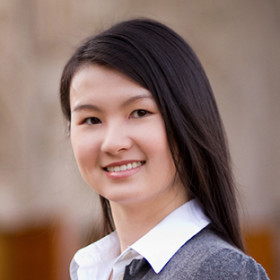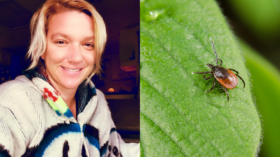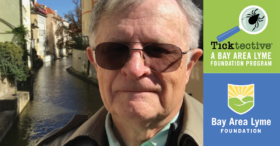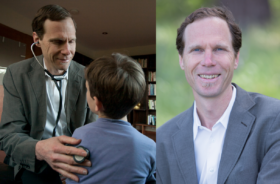Biofilms that form in the human body are up to ten thousand times more resistant to antibiotics than free-floating bacteria, making them very difficult to treat medically. These biofilms are responsible for the extreme persistence of many difficult to treat illnesses like Legionnaire’s disease, Staphylococcus aureus (“Staph”), and infectious bronchitis, that can trouble patients with frustrating symptoms…
Search Results for: biofilm
If Pain Had a Sound: The Hunt for Relief is Riddled with Hope and Madness
Written by: Katie Liljedahl, Lyme patient BAL Spotlights Series Spine strangled, muscles on fire, bones buzzing I will migrate within you I am relentless My address is your body This is the kind of pain that rages silently in the caverns of marrow and suffocates hope. It gyrates and bangs clamors and rattles A…
Infectious Minds: Unraveling the Link Between Infections & Psychiatric Disorders
Ticktective Podcast Transcript In this interview, psychiatrist Dr. Robert Bransfield explains the links between neuropsychiatric disorders and infections. He recounts his successes treating patients who repeatedly fail to respond to conventional interventions. Dr. Bransfield describes how clinical diagnoses of infection, along with correct administration and interpretation of testing, plus treating patients with antibiotics can,…
Eva Sapi, PhD
Dr. Eva Sapi is a Professor and Department Chair at University of New Haven and an internationally recognized expert in Lyme disease research. Dr. Sapi has trained more than 90 graduate students in Lyme disease research and published 70 peer-reviewed scientific papers in the field. Dr. Sapi is known for her research on biofilms. She…
Seven Herbal Medicines Are Capable of Killing Lyme Disease Bacteria, According to New Lab Study
FOR IMMEDIATE RELEASE Media Contact: Tara DiMilia, 908-947-0500, tara.dimilia@TMstrat.com Seven Herbal Medicines Are Capable of Killing Lyme Disease Bacteria, According to New Lab Study Research Supported by Bay Area Lyme Foundation Evaluates Anti-microbial Effects of 14 Natural Products Compared to Antibiotics Used to Treat Lyme Disease Marin, CA, February 21, 2020—Bay Area Lyme Foundation, a leading…
Ying Zhang, MD
Dr. Ying Zhang is a Professor at Department of Molecular Microbiology and Immunology, Johns Hopkins Bloomberg School of Public Health. His research interests are in the areas of antibiotic resistance, bacterial persistence, pathogenesis, and development of more effective diagnosis and treatment for a range of challenging antibiotic resistant and persistent infections, including tuberculosis, Gram-negative bacterial…
Can We “Hack” Our Way to Some New Solutions for Lyme?
Reflections from a Promising Dialogue at the AAAS Conference in Washington, DC, November 17-18 by Lia Gaertner, BAL Science Committee Some weeks ago, two members of the Bay Area Lyme Foundation Science Committee, Wendy Adams and Lia Gaertner, attended a leadership symposium in Washington, DC, sponsored by the American Association for the Advancement of Science (AAAS)…
Alternative Treatments for Lyme Disease
By KP Stoller, MD, FACHM Dr. KP Stoller MD, is a Fellow of the American College of Hyperbaric Medicine (FACHM) and co-founder of the Hypberbaric Oxygen Clinic of San Francicsco (HBOSF). Having treated patients with Lyme disease for more than two decades, Dr. Stoller is an advocate for Hyperbaric Oxygen treatment (HBOT) and other alternative…
Eva Garland, PhD
An expert in chemistry and surface science with an emphasis on the morphological and reactive properties of biologically relevant species on surfaces, Dr. Garland has been leading the research efforts at Agile Sciences focused on a new treatment attacking the biofilms that surround the Borrelia burgdorferi bacteria protecting it from human immunological response. Dr. Garland…
Our Research Projects
At Bay Area Lyme Foundation, our mission is to find reliable diagnostics and better treatments for Lyme disease. Our belief is that these solutions will come about through innovative research leveraging new technologies and multidisciplinary approaches. We are excited about the new projects that are currently being explored. Lyme disease has long been underfunded, and…



